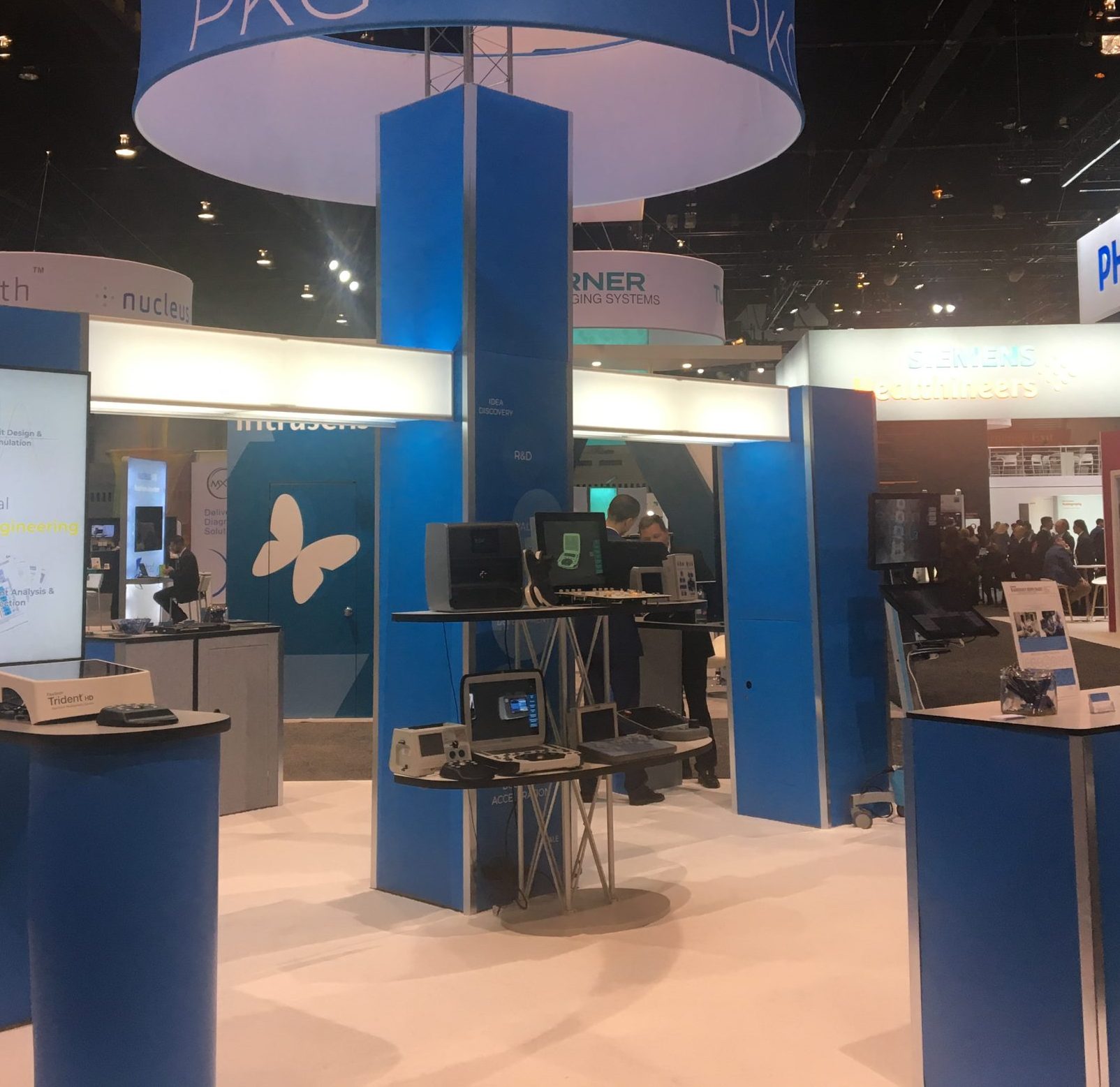At Bespoke Gen Robustic™ we believe that in today’s fast-paced software environment, automation is essential to maintain speed, reliability, and consistency in deployment processes. Manual methods increase the risk of errors, downtime, and slow release cycles. Automating DevOps pipelines allows for repeatable, scalable releases that reduce operational overhead and improve overall quality.
A Client-Centered Approach
Before recommending any tools or solutions, we prioritize listening carefully to client stakeholders to understand their specific environments, constraints, and goals. Assumptions are avoided. We perform thorough research and evaluation to identify technologies and workflows that best align with the client’s business needs and technical landscape.
Example Tools and Technologies
While the choice of tools varies by project, some commonly used technologies for pipeline automation include:
- Terraform for infrastructure provisioning and management, enabling consistent infrastructure as code across cloud platforms.
- Containerization with Docker, Podman, and related tools to create consistent development environments.
- Kubernetes for orchestrating containers in scalable production environments, providing high availability and automated recovery.
- Continuous Integration (CI) systems, broadly speaking, automate the build, test, and integration phases, helping teams detect issues early and maintain code quality.
These examples illustrate possible solutions but do not represent fixed recommendations. The final architecture depends on thorough stakeholder alignment and technical evaluation.
Benefits of DevOps Pipeline Automation
- Reducing Risk
Automated pipelines minimize human error by enforcing repeatable and testable processes. Integration of automated tests early in the pipeline catches defects before deployment. - Accelerating Release Velocity
Continuous integration and continuous delivery enable faster, more frequent releases, allowing businesses to respond swiftly to market demands. - Improving Operational Efficiency
Automation reduces manual work, freeing engineering teams to focus on innovation and quality improvements rather than repetitive tasks. - Enabling Scalability
Using infrastructure as code and container orchestration supports seamless scaling without extensive re-architecture.
Implementation Methodology
Our principal engineer leads the design and implementation of customized DevOps pipelines tailored to each client’s context. Infrastructure and configurations are codified and version controlled. Build, test, and deployment stages are automated with clearly defined approval and rollback mechanisms.
Security integration is a key aspect throughout the pipeline, including automated vulnerability scanning, strict access controls, and compliance verification.
Case Study Example
Our principal engineer led a team at IBM to enhance an enterprise observability platform’s automation. They automated upgrades for approximately 4,000 unit tests and integrated test pipelines. This effort significantly improved release reliability, and reduced regression risk.
Conclusion
Automation of DevOps pipelines is critical for delivering scalable, reliable software in complex technical environments. By carefully aligning with client requirements and applying the best-fit technologies—such as Terraform, Docker for development or small scale, Kubernetes for production scale, and CI systems—our team ensures automation solutions that reduce risk, speed delivery, and improve operational efficiency.
Bespoke Gen provides end-to-end pipeline strategy, design, and implementation services focused on long-term maintainability and business alignment.

